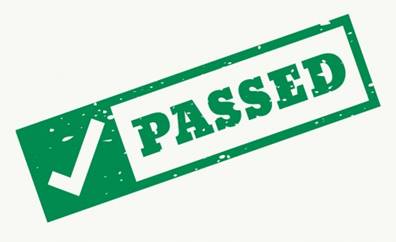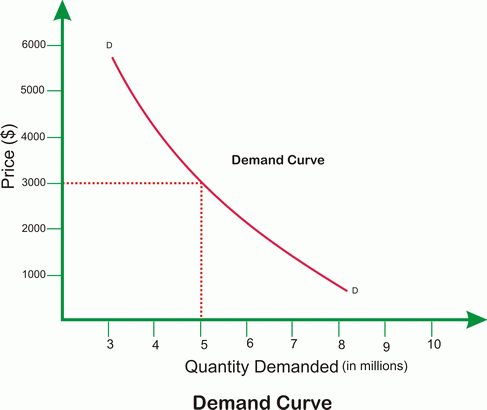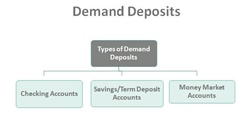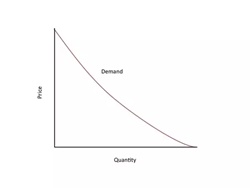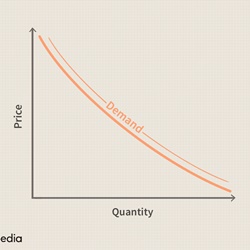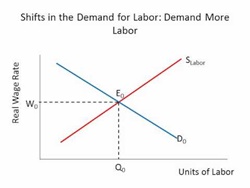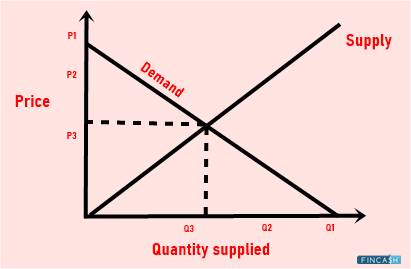Demand Draft Explained
A Demand Draft (DD) refers to a negotiable instrument that any Bank issues. A negotiable instrument means that it guarantees some specific amount of payment while mentioning the payee’s name.
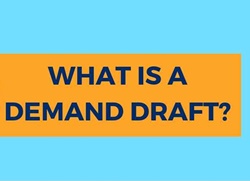
In any situation, a DD cannot be transferred to another person.
Features of a Demand Draft
A bank issues a DD to a person who directs any other bank or branch to pay some amount to a payee. You can either get a demand draft online or offline.
As compared to the cheques, demand drafts are hard to counterfeit and are secure. This is because the person must pay before issuing a DD to the bank, while one can issue a cheque without ensuring sufficient funds in the bank account. Therefore, bouncing for cheques is a possibility, but DD assures timely and safer payments.
A DD is also payable on demand. A beneficiary must present the instrument to the branch directly and cannot pay it directly to the bearer. One can also get it collected via the bank’s clearing mechanism.
Mostly DD is issued when the parties are unknown to one another and do not have much trust. In such situations, it is handy as then there is no chance of counterfeiting and frauds.
Types of Demand Draft
There are two main types of demand drafts, as follows:
1. Sight Demand Draft
This is a DD type that is only approved and payable after verifying certain documents. If the payee fails to present the required documents, they will not receive the amount.
2. Time Demand Draft
This is a DD type that is payable only after a specific period, and it cannot be drawn from the bank before that.
Talk to our investment specialist
How to Make Demand Draft?
- You can visit your bank or fill the online application that the bank offers
- You must provide the essential details like the bank account information, the payee’s full name, and the payee’s bank address
- Apart from these, you must also provide the money amount, currency of the amount, reason for payment, and the instructions about sending the DD (to you or directly to the payee)
- Additionally, you might also be required to pay some fees before issuing the demand draft
When can you use a DD?
You can use a DD while making any online purchase of the items or while purchasing over the phone. You can also pay it if you have some recurring debits from the bank account, including the bill payments. Other uses of a DD include:
- Return item fees
- Customer payments made remotely
- Transfer payments between various bank accounts.
Therefore, usually, telemarketers, credit card companies, utility firms, and insurance agencies accept DD.
Demand Draft Format
- DD/MM/YYYY - Date of drawing the DD
- Mr XYZ - Person’s name for whose favour the DD is drawn
- New city - the place where the DD is payable
- 150INR - The amount payable via DD
- SBI, New City - Drawee bank and branch name
- Bank branch’s authorized signatory where the DD was prepared
- XXXXXX - Instrument’s DD number
- 000XXX000 - Bank Branch’s Code
Demand Draft Validity
It is common that people delay depositing their cheques or demand draft for credits into the bank account. There might be various reasons for the delays, but a person must be aware that the Reserve Bank of India has reduced the validity period for demand drafts and cheques.
According to the guidelines of the Reserve Bank of India, the negotiable instruments, including demand drafts, cheques, pay orders, etc., will only be valid for 3 months.
The time is reduced to prevent people from taking undue advantages and circulating the instruments as cash in the market. RBI also directed all the banks and their branches to not proceed with any payment if any person presents an instrument beyond three months from the issuing date. If the validity of the demand draft expires, the DD purchaser must visit the concerned branch and submit an application for revalidation of the demand draft.
Demand Draft vs Cheque
A key difference between a demand draft and a cheque is that the bank issues a demand draft, and any individual can issue a cheque. There are other differences too, including:
- A bank customer draws a cheque, and the bank draws a demand draft
- The person can stop the payment of a cheque but not of a demand draft
- Demand draft is a prepaid instrument, and thus, it will surely be proceeded once issued. However, a cheque might fail due to an insufficient balance in an account
Demand Draft Charges
The charges of making a demand draft are not fixed and vary from bank to bank. The instrument value helps in deciding the charge of the DD. For a fixed and smaller amount of a DD, the bank might charge a fixed rate. Furthermore, the charges of making a DD might be lower for privileged banking customers. As per the DD, the cancellation charges might also vary from 100 INR to 300 INR.
All efforts have been made to ensure the information provided here is accurate. However, no guarantees are made regarding correctness of data. Please verify with scheme information document before making any investment.
